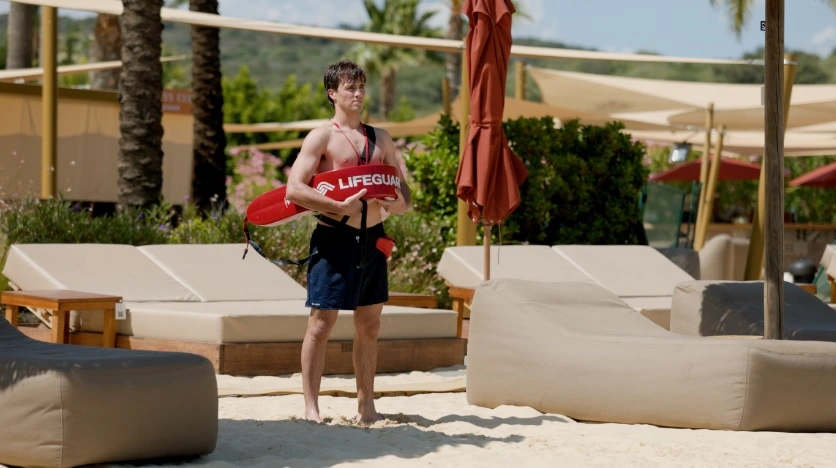Lifeguards are the silent guardians of our aquatic environments. They have huge a responsibility that is to save and protect human lives in and around water. Pools and beaches are flooded with people in the mist of the waves.
Lifeguards are always ready to handle any type of emergency in watery conditions. They look for people in dangerous water and save them from drowning. Lifeguarding is more than a job; it’s a calling that demands unwavering commitment and a unique set of skills acquired through lifeguard training.
The Foundation: Lifeguard training
The lifeguard’s odyssey commences with lifeguard training– a transformative odyssey that forges individuals into formidable guardians of the water. Lifeguard classes in close proximity serve as the threshold to a domain where life-saving skills are not just acquired but meticulously honed, where the prowess to react promptly to emergencies is tuned to perfection.
This initiation is more than a mere passage through tests; it is the forging of resilience and an unwavering preparedness to confront the capricious trials of the aquatic world.
Invisible Threats: The Unseen Dangers
Under the water, there are hidden dangers. Strong currents, unexpected weather changes, and sudden health problems can make a calm day become really chaotic.Lifeguards must navigate this hidden landscape, staying vigilant to the signs of distress. The unspoken dangers demand constant attention, making the lifeguard’s job a delicate dance between calm waters and potential storms.
The Burden of Responsibility
Lives hinge on their ability to stay alert and act decisively. Complacency finds no refuge in the lifeguard’s realm – each moment demands focus and preparedness. The lifeguard is not just a spectator by the water; they are the thin line between joyous play and potential tragedy.
Mental Toll: The Price of Vigilance
Always watching takes a toll on a lifeguard’s mind. The need to stay alert, knowing even a short break can be really bad, is always there. Lifeguards need not just strong bodies but also strong minds to handle the stress of always being watchful.
Physical Demands: Beyond the Surface
The physical demands of lifeguarding extend beyond the ability to swim. Endurance, strength, and agility are prerequisites for navigating the challenges of water rescues. Swift and coordinated movements are essential when every second counts. Performing CPR or rescuing a struggling swimmer demands a level of physical fitness often underestimated by onlookers.
Silent Suffering: The Nature of Drowning
Movies show drowning as loud and dramatic, but it’s actually quiet. In real life, someone drowning might not be able to yell for help. This makes the lifeguard’s careful watching really important. Spotting small signs of trouble is the lifeguard’s key to stopping drowning and acting fast when it’s necessary.
Navigating Chaos: The Challenge of Crowded Spaces
Crowded aquatic spaces add another layer of complexity to the lifeguard’s mission. Distractions abound, making it difficult to maintain an unwavering focus. Amidst the noise and commotion, lifeguards must be the calm in the chaos, continuously scanning for signs of trouble. It’s a challenge that demands both sharp eyes and a steady resolve.
Certification: The Seal of Commitment
If you want to be a lifeguard, getting certified is not just getting a paper – it’s showing you’re committed to keeping people safe. Look for lifeguard classes nearby; they’re where you learn from experienced teachers. Getting certified is like having a real proof that you’re ready to be a guardian by the water.
The American Lifeguard Association: Setting the Gold Standard
In the USA, the American Lifeguard Association is like the leader in teaching and certifying lifeguards. They really care about doing things great, so lifeguards get really good training. Picking lifeguard classes connected with the American Lifeguard Association is not just picking any class – it’s saying you’re committed to being super skilled and ready for anything.
In closing, being a lifeguard is more than just keeping an eye on swimmers. It’s about being a safety hero in a world of tricky currents. If you want to be a lifeguard, find good training. It’s not just about learning skills but also building up toughness to handle the tough stuff.
The American Lifeguard Association is a top choice, always sticking to high standards and guiding those diving into water guarding with safety.







